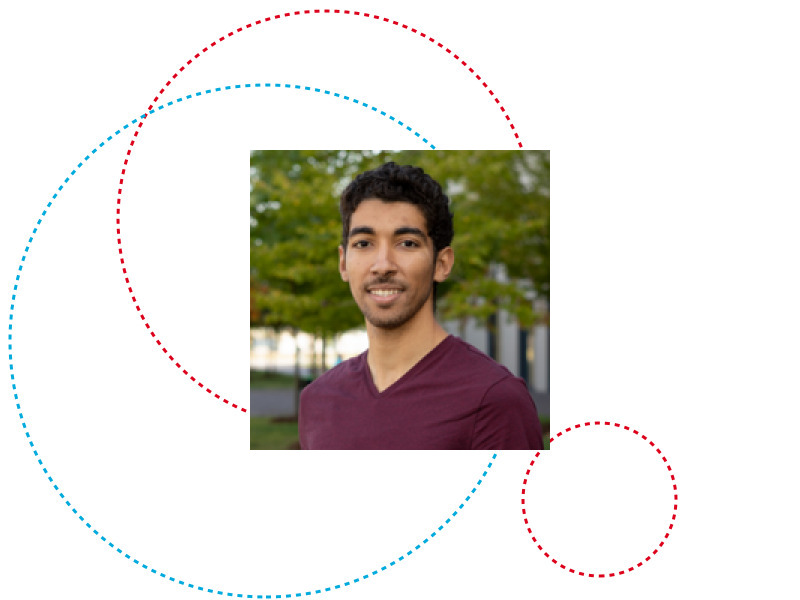We’re happy to welcome you to the PhD defence of Saad Ezzini (SVV group) on 5 September 2022 at 14:00.
The PhD defence will take place in JFK 004/005 room on the Kirchberg campus.
Members of the defence committee:
- Prof. Dr. Yves LE TRAON, University of Luxembourg, Chairman
- Prof. Dr. Tegawendé BISSYANDE, University of Luxembourg, Vice-Chairman
- Dr. Sallam ABUALHAIJA, University of Luxembourg, Supervisor
- Prof. Dr. Davide FUCCI, Blekinge Institute of Technology, Sweden, Member
- Prof. Dr. Andreas VOGELSANG, University of Cologne, Germany, Member
Abstract:
Requirements Engineering (RE) quality control is a crucial step for a project’s success. Natural Language (NL) is by far the most commonly used means for capturing requirement specifications. Despite facilitating communication, NL is prone to quality defects, one of the most notable of which is ambiguity. Ambiguous requirements can lead to misunderstandings and eventually result in a system that is different from what is intended, thus wasting time, money, and effort in the process. This dissertation tackles selected quality issues in NL requirements:
• Using Domain-specific Corpora : Syntactic ambiguity types occurring in coordination and prepositional-phrase attachment structures are prevalent in requirements (in our document collection, as we discuss in Chapter 3, 21% and 26% of the requirements are subject to coordination and prepositional-phrase attachment ambiguity analysis, respectively). We devise an automated solution based on heuristics and patterns for improved handling of coordination and prepositional-phrase attachment ambiguity in requirements. As a prerequisite for this research, we further develop a more broadly applicable corpus generator that creates a domain-specific knowledge resource by crawling Wikipedia.for Improved Handling of Ambiguity in Requirements
• A: Anaphoric ambiguity is another prevalent ambiguity type in requirements. Estimates from the RE literaturesuggest that nearly 20% of industrial requirements contain anaphora [1, 2]. We conducted a multi-solutionstudy for anaphoric ambiguity handling. Our study investigates six alternative solutions based on threedifferent technologies: (i) off-the-shelf natural language processing (NLP), (ii) recent NLP methodsutilizing language models, and (iii) machine learning (ML).utomated Handling of Anaphoric Ambiguity in Requirements: A Multi-solution Study
• AI-based Question Answering Assistant : Understanding NLrequirements requires domain knowledge that is not necessarily shared by all the involved stakeholders. We develop an automated question-answering assistant that supports requirements engineers duringrequirements inspections and quality assurance. Our solution uses advanced information retrieval techniquesand machine reading comprehension models to answer questions from the same requirement specifications document and/or an external domain-specific knowledge resource.for Analyzing NL Requirements
All the research components in this dissertation are tool-supported. Our tools are released with open-source licenses to encourage replication and reuse.
